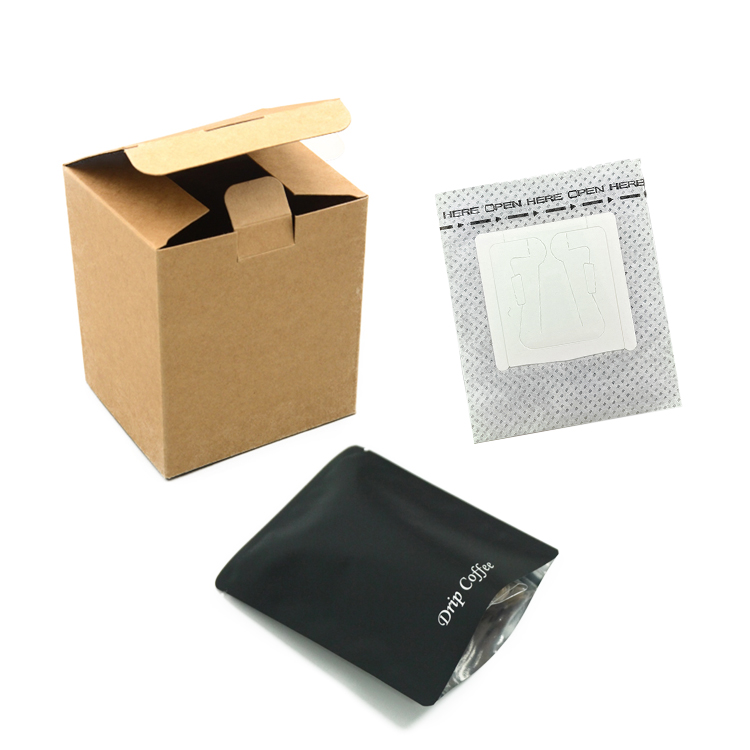In recent years, with the increasing awareness of environmental protection, people are paying more and more attention to the sustainability of daily products. Coffee filters may seem like a common necessity in many morning rituals, but they’re gaining attention because of their compostability. This raises the question: Can coffee filters be composted?
There are two main materials for coffee filters: paper and metal. Paper filters are the more common type and are usually made from cellulose fibers from trees. On the other hand, metal filters, usually made of stainless steel, offer a reusable alternative to paper filters.
Paper coffee filters are generally compostable, but there are some nuances to consider. Traditional white paper filters are often made from bleached paper, which may contain chemicals like chlorine. While these chemicals facilitate the bleaching process, they hinder the composting process and may leave behind harmful residue. However, unbleached paper filters, which are made from natural fibers and do not use chemicals, are considered more suitable for composting.
Metal filters are an attractive option for those concerned with reducing waste. Reusable metal filters not only eliminate the need for disposable paper filters but also provide a long-term sustainable solution. By simply rinsing and reusing, metal filters greatly reduce the environmental impact of disposable paper filters.
The compostability of coffee filters also depends on the disposal method. In a backyard composting system, paper filters, especially unbleached paper filters, will naturally decompose over time, providing valuable organic matter to the soil. However, if disposed of in a landfill where organic materials decompose anaerobically, coffee filters may not decompose effectively and may result in methane emissions.
Recognizing the growing demand for sustainable coffee brewing methods, many coffee filter manufacturers now offer compostable options. These filters are often made from recycled materials or plant fibers such as bamboo or hemp. By choosing these alternatives, coffee lovers can enjoy their daily brews with peace of mind, knowing that their filters return harmlessly to the earth.
In summary, the compostability of a coffee filter depends on a variety of factors, including the material, bleaching process, and disposal method. While paper filters, especially unbleached ones, are generally compostable, metal filters offer a reusable and environmentally friendly alternative. With compostable options increasingly available, consumers now have the opportunity to align their coffee habits with sustainable values, ensuring every cup of coffee has a positive impact on the planet.
Ttonchant has always been committed to environmental protection, and the coffee filters it produces are all degradable products.
https://www.coffeeteabag.com/
Post time: Apr-17-2024